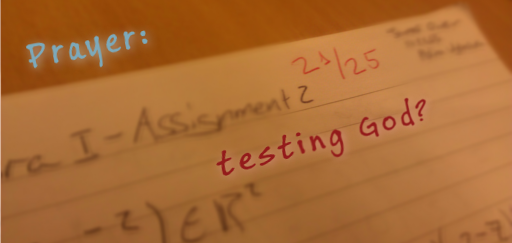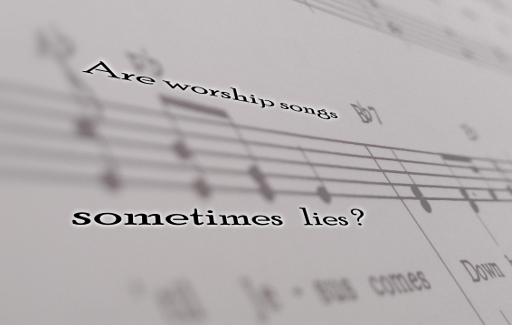There are a few modern worship songs which annoy me because all they seem to say is “I’m a Christian” over and over again. Not only are modern worship songs formulaic (and include a lot of woh-ohing), they also feature a lot of repetition. At the other end of the spectrum, most hymns are wordy and can turn into a contest as to who can use the largest amount of words to describe a rather simple thing. Or spend an entire song to ask a question which can be answered with a single word: no.

Personally, I tend to favour hymns (whether modern or ancient), because in the variation of lyrics, I can feel their flow and progression towards the resurrection. In that, they play their part in accompanying us in our worship, starting from simple description of facts and progressively including us – a bit like the “This is our story” eucharistic liturgy. That’s how, when they explode into the victory being won, that victory is truly ours.
But the issue with hymns is that they don’t let up. If I don’t know the hymn, I don’t quite have time to take in what I’m saying. The mind and soul are sometimes left trying to catch up with the lips. And by the time they have caught up, the liturgy is about to continue, without much time to actually own what we were singing. The same applies if we sing a song with simple lyrics but a complicated structure, where boredom takes over at the tenth special electric guitar riff.
Halfway between lyrical complexity and musical fanciness, though, there are songs which can only be described as simple. Take the Taize song “Oh Lord, hear my prayer“; or the African song “Hakuna wakaita sa Jesu“, meaning “There’s no one like Jesus”. Both of these have simple lyrics which get repeated – without fancy additions. The repetitive pattern, finally, allows the mind and soul to catch up with the lips, and the statement that there is no one like Jesus becomes truly our statement, rather than a trite, quaint little thing better left for Sunday school.
There is a true value in simple songs. And singing a song that just keeps on repeating itself is nothing to shirk from, or to compensate for with fun riffs or drum solo. Leaving enough time for the simple statement to gather momentum and weight, with no distractions or shame, leads (for me) to a deeper form of worship. And I absolutely adore it.
So here’s my suggestion for you: next time you worship, pick a simple song. Or simplify one by using simply the chorus. And sing it over and over again until you feel it is yours. Then finish with a moment of silence.




